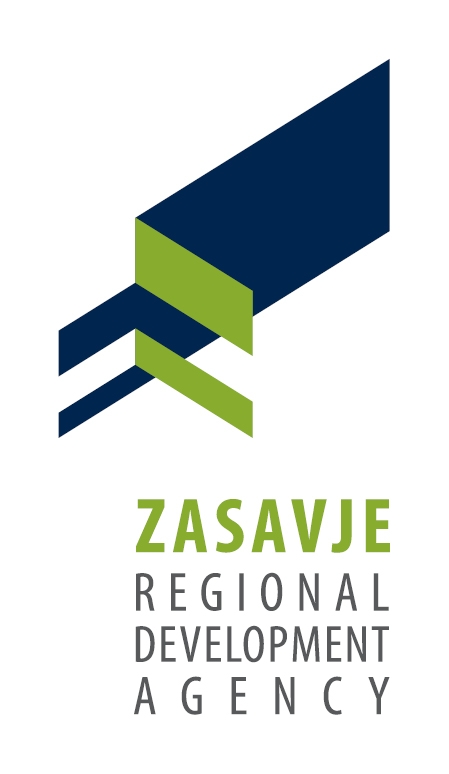First responders in distant areas - Erasmus + KA2 - Adult education
5 years agoWhat do we want to achieve with the project?
- Set appropriate standards, in particular, the necessity of 4-6-minute response in life-threatening cases
- Invest in capacity building and improve locals' knowledge and abilities to offer first aid when needed, especially in rural/distant areas
- Raising the awareness of dispatching to attend medical emergencies until an ambulance arrives
Problems and needs
Despite National Recognition of the importance of the functioning emergency medical services (EMS) systems to public welfare in the last decade, there remain serious deficiencies in EMS delivery in rural areas.
Geographical and demographic characteristics do not allow to organize emergency medical care with access times short enough for actual lifesaving interventions in rural areas, distant from hospitals or health centres. Although introducing volunteer firefighters as first responders gave promising results and they have proved themselves with short access time and reliability, there is a need to train members of the public, who receive basic/intermediate/advanced training in life-saving interventions.
An aim of establishing a chain of adequately trained community first responders in rural/distant areas, where emergency medical services response is likely to be delayed beyond the approximate 8-10 minutes during which a cardiac arrest is likely to become irreversible.
First responders must be trained to deal with a wide array of potential medical emergencies. Because of the high level of stress and uncertainty associated with the position, first responders must maintain physical and mental health. Community first responders should be trained to tackle different conditions and emergencies, additionally a pre-sequel selection of adequacy for offering immediate medical assistance.
Estimated IOs (should be revised and modified if/when necessary)
IO1 Setting competences and qualifications for future first providers in distant areas
IO2 ABC Training Handbook / on-line learning platform à training materials - how to motivate - how basic training is delivered – how basic training is assessed
IO3 Sustainable quality assurance system
IO4 Transfer of a training programme to other organisations included in the life-long learning process
Lead Partner: University for Adult Education Zasavje



Please Log In to See This Section